“Media is ultimately entertainment.” Rolf Dobelli had this line, and it has long echoed with me.
Patrick Zhong
Founding Managing Partner
M31 Capital
My job as an investor is to stay contrarian and to think beyond the scope of news coverage, as entertaining as news has become. So unlike Dobelli, I am constantly observing the news. And even in a global world, news remains local in its impact and relevance.
If you live in Shanghai, you wonder whether US-China trade tensions will continue to escalate. If you live in London, the debate over Brexit occupies your mind. If you live in Seoul, you are losing hope in the economy, and a prospective fight with Japan adds to your anxiety. If you
live in Mumbai, you are glued to the TV watching the army march into Kashmir. Of course, there is also Hong Kong, where the protests continue to dominate headline news. And in a surprise to most of us, similar demonstrations also erupted in Santiago and Barcelona. As if this weren’t enough, all of us are worried about a synchronized global slowdown. When will recession happen? Or maybe it might already be under way?
Bad news, one after another, wears down our spirits.
Life is like a movie. You are your own audience. For my movie, winter of 2008 was a cold and frightening one. I was seated at our company’s meeting room in Boston, surrounded by some of the best investors in the business. We could not believe what we were seeing: a crashing
stock market that was breaching downside targets for pretty much everything in which we had an investment. The sentiments went extremely negative, and there was simply no good news.
But when there is blood on the Streets, that is the time to buy. Instead of doing nothing, we started to think beyond the bad news, and we became constructive in our approach. What information do we know? What are most of our peers not focused on? Through the big, thick fog, we saw a large innovation cycle coming and decided to embrace it. As a result, many of the tech and consumer investments we made that winter brought us strong returns.
One of top economic policy makers in the US government confessed to me several years later that he felt helpless during those dark times, but he nevertheless maintained the hope that every ten years, a quarter of the US economy is replaced by new businesses – mostly driven
by innovations. My fellow investors and I believed essentially this same thing.
For the ten years following 2008, the twin focus of my investment interests became innovations driven by mobile Internet proliferation and rising Chinese consumerism. Now, I am even more intrigued with what’s looming large on the horizon. There are currently a multitude of technologies rising, with each one having the opportunity to create at least tens of billions of dollars in value. These trends include the Internet of Things, Big Data, Block-chain, Augmented Reality, Autonomous Driving, Gene Therapy and Editing – just to name a few. It will be even more remarkable when these technologies start to converge.
Still sound abstract?
Let’s think through these looming questions:
DOES AI BRING US TO A POST-HUMAN WORLD, WHERE AI IS AS COMMON TO US LIKE ARTIFICIAL HIPS?
WILL CLIMATE CHANGE DAMAGE REAL ESTAT PORTFOLIOS FOR ASSETS LOCATED IN SANFRANCISCO, HONG KONG, MIAMI AND SHANGHAI?
WILL OUR CHILDREN BE ENTITLED TO CUSTOMIZED EDUCATION, WITH AITEACHERS AS THE SOLUTION?
WILL CELL PHONES DISAPPEAR IN TEN YEARS?
IS BLOCKCHAIN, WITH ITS MISSION TO DISSEMINATE CONTENT IN A DECENTRALIZED FASHION, GOING TO DISRUPT NETFLIX, ITSELF A MULTIPLE-TIME DISRUPTOR?
IS THE TOILET OUR MOST INTIMATE DIAGNOSTICTOOL?
We have spent many long hours, with many entrepreneurs and thinkers. Regardless of their location, many of them are working on projects that could have a huge impact on our world. Some might even turn our world upside down.
Some of these entrepreneurs are based in China. Just like in the US, Europe and Japan, China has become a major theater for innovators, and this theater is attracting many actors.
In 2018, considered a trough year due to economic slowdown, about 850 companies received Series B or later rounds of funding. In China, every five years there is a new generation of consumer. In that same timeframe, there are also new generations of entrepreneurs. Unlike Jack Ma, Pony Ma and their peers, who have never lived, studied or worked in the West, many of rising thirty year old founders are the ones who have received the best educations both in China and in the West. They’ve worked at top companies both in China and abroad, and more importantly, they are developing products serving consumers both in China and globally.
The startup darling of CES in 2018 was a Chinese company called NReal. The founder is a thirty year old, who has received a doctorate degree at the University of Minnesota and worked at NVidia and Magic Leap in the US. NReal, an augmented reality company (AR), has successfully brought down the form factor of AR goggles to 88 grams. All of sudden, AR has become a real wearable technology, light enough to be practical and with a cool enough look to be marketable. For our human eyes, AR googles are simply so much more natural than a smart phone.
In the innovation theater of China, NReal is not alone. We have seen innovative companies leading their fields in many areas – Internet of Things, robotics, autonomous driving, cancer screening, AI-driven customized education driven, intelligent farming, new retail, mobile payment and others. If kids are learning faster with AI teachers, I don’t see why the technology cannot be introduced to inner city Chicago or Detroit. After all, every young person needs to learn math and English.
Being an investor, my job demands curiosity and forward thinking. I constantly move myself back and forth between today’s world and the possibilities of tomorrow. When we invest, we have deep respect for prevailing sentiments, economic cycles, and market realities. Investment as such is an art, not a science. Man is a deterministic device thrown into a probabilistic universe. And in this match, surprises are expected.
Our future is a probabilistic exercise. No one has a crystal ball, but we will miss the target if we don’t even try to think about, to analyze, and to adapt to what’s coming.
Future is full of surprises. Many more will come in the next ten years. And they come fast. So we should act.


